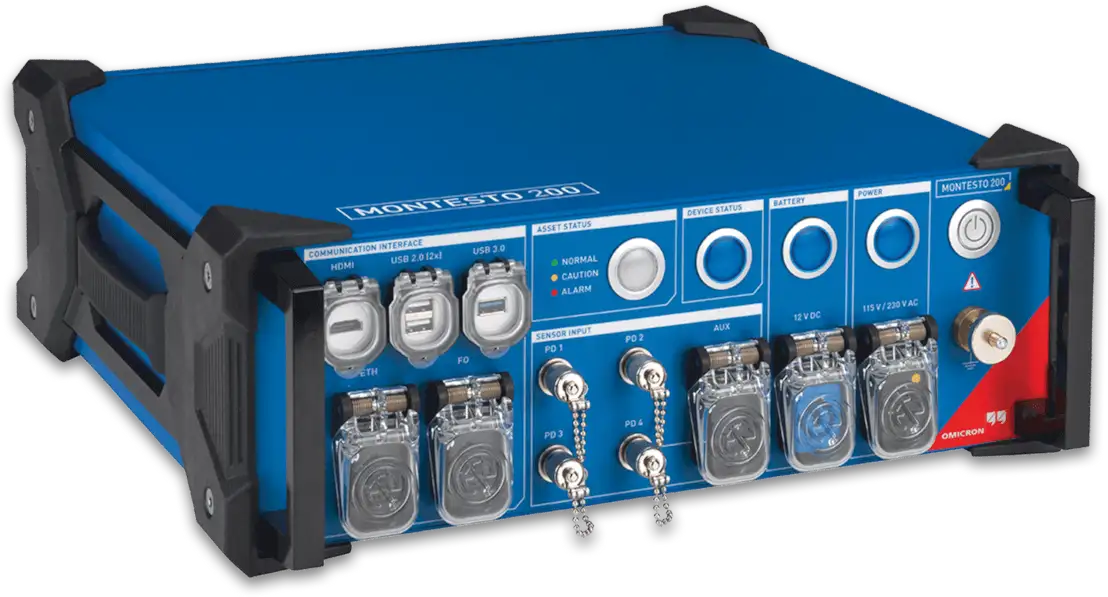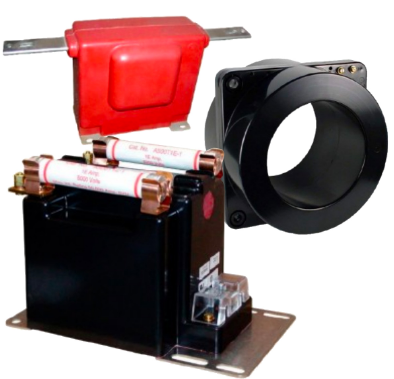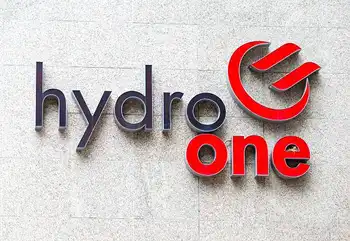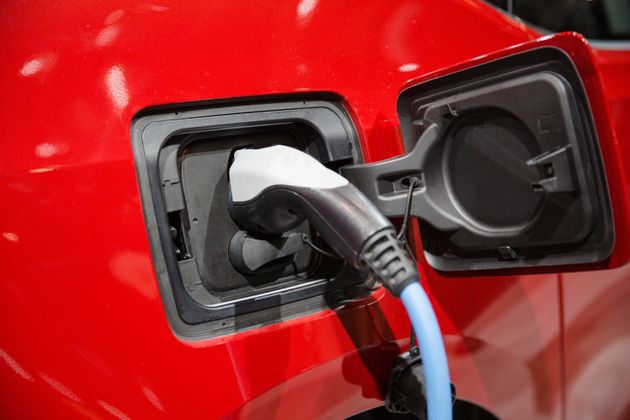How to retrofit a condo with chargers for a world of electric cars
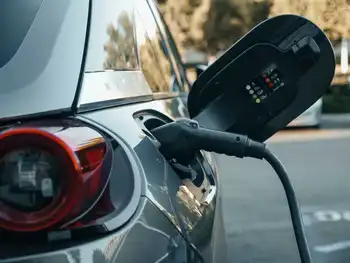
Substation Relay Protection Training
Our customized live online or in‑person group training can be delivered to your staff at your location.

- Live Online
- 12 hours Instructor-led
- Group Training Available
Condo EV charging retrofits face strata approval thresholds, installation costs, and limited electrical capacity, but government rebates, subsidies, and smart billing systems can improve ROI, property value, and feasibility amid electrician shortages and infrastructure constraints.
Key Points
Condo EV charging retrofits equip multiunit parking with EV chargers, balancing costs, bylaws, capacity, and rebates.
✅ Requires owner approval (e.g., 75% in B.C.) and clear bylaws
✅ Leverage rebates, subsidies, and load management to cut costs
✅ Plan billing, capacity, and phased installation to increase ROI
Retrofitting an existing multiunit residential building with electric vehicle charging stations is a complex and costly exercise, as high-rise EV charging challenges in MURBs demonstrate, even after subsidies, but the biggest hurdle to adoption may be getting enough condo owners on board.
British Columbia, for example, offers a range of provincial government subsidies to help condo corporations (referred to in B.C. as stratas) with everything from the initial research to installing the chargers. But according to provincial strata law, three-quarters of owners must support the plan before it is implemented, though new strata EV legislation could make approvals easier in some jurisdictions.
“The largest challenge is getting that 75-per-cent majority approval to go ahead,” says EV charging specialist Patrick Breuer with ChargeFwd Ltd., a Vancouver-based sustainable transport consultancy.
Chris Brunner, a strata president in Vancouver, recently upgraded all the building’s parking stalls for EV charging. His biggest challenge was getting the strata’s investment owners, who don’t live in the building and were not interested in spending money, to support the project.
“We had to sell it in two ways,” Mr. Brunner says. “First, that there’s going to be a return on investment, including vehicle-to-building benefits that support savings and grid stability, and second, that there will come a time when this will be required. And if we do it now, taking advantage of the generous rebates and avoiding price increases for expertise and materials, we’ll be ahead of the curve.”
Once the owners have voted in favour, the condo board can begin the planning process and start looking for rebates. The B.C. government will provide a rebate of up to 75 per cent for the consulting phase, with additional provincial rebates available through current programs. It’s referred to as an “EV Ready” plan, which is a professionally prepared document that describes how to implement EV charging fairly, and estimates its cost.
Once a condo has completed the EV Ready plan, it becomes eligible for other rebates, such as the EV Ready Infrastructure subsidy, which will bring power to each individual parking stall through an energized outlet. This is rebated at 50 per cent of expenses, up to $600 a stall.
There are further rebates of up to 75 per cent for installing the charging stations themselves, and B.C. charging rebates extend to home and workplace programs, too. The program is administered by BC Hydro, a Crown corporation that receives funding in annual increments. “Right now, it’s funded until March 31, 2023,” Mr. Breuer says.
“Realtors are valuing [individual charging stations] from $2,000 to $10,000,” he said. The demand for installing EV chargers in buildings has grown to such an extent that it’s hard to find qualified electricians, Mr. Breuer says.
However, even with subsidies, there are some buildings where it doesn’t make financial sense to retrofit them. “If you have to core through thin floors or there’s a big parkade with a large voltage drop, it isn’t financially viable,” Mr. Breuer says. “We do a lot of EV Ready plans, but not all the projects can go ahead.”
For many people, it’s resistance to the unknown that is preventing them from voting for the retrofit, according to Carter Li of Toronto-based Swtch Energy Inc., which provides charging in high-density urban settings. It has done retrofits on 200 multiunit residential buildings in the Toronto area, and Calgary condo charging efforts show similar momentum in other cities, too. “They’re worried about paying for someone else’s electricity,” he says. Selling owners on the idea requires educating them about how the billing will work, maximizing electrical capacity to keep costs down, using government subsidies and the anticipated boost in property value.
Ontario currently does not provide any subsidies for retrofitting condos for EV charging. However, there is a stipulation under the Condominium Act that if owners request EV charging be installed and provide a condo board with sufficient documentation, an assessment will be conducted.
When Jeremy Benning was on the board of his Toronto condo in 2018, a few residents inquired about installing EV charging. A committee of owners did the legwork, and found a company that could do the infrastructure installation as well as set up accounts for individual billing purposes. Residents were surveyed a number of times before going ahead with the installation.
Mr. Benning estimates it cost about $40,000 to install two electrical subpanels to accommodate EV chargers in 20 parking spaces. Although the condo corporation paid the money up front out of its operating budget, everyone who ordered a charger will pay back their share over time. Many who do not even own an EV have opted to add a valuable frill to their unit.
The board considered applying for a subsidy from Natural Resources Canada, but it would require a public charger in the visitor parking lot. “The rebate wasn’t enough to pay for the cost of putting in that charging station,” Mr. Benning says. “Also, you have to maintain it, and what if it gets vandalized? It wasn’t worth it.”
Quebec’s Roulez Vert (Ride Green) program offers extensive provincial rebates and incentives for retrofitting condo buildings. If a single condo owner wants to install an EV charger, the government will refund up to 50 per cent of the installation cost or up to $5,000, whichever is less.
Otherwise, a property manager can qualify for a maximum of $25,000 a year to retrofit a building and can sometimes complete the work in stages. “They may do the first installation in one year, and then continue the next year,” says Léo Viger-Bernard of Recharge Véhicule Électrique (RVE). Recently, the Quebec government confirmed this program will run until 2027.
RVE consults with condo corporations, operates an online platform (murby.com) with resources for building owners, and sells a demand charge controller (DCC), which is an electric vehicle energy management system. The DCC allows an electrician to plug the EV charger directly into the electrical infrastructure of a single condo or apartment unit. Not only does this reduce extra wiring, but it also monitors the electrical consumption in each unit, only powering the charging station when there’s available electricity. Billing is assigned to the actual unit’s electricity bill.
Currently there are about 12,000 DCC units installed in retrofitted buildings across Canada, some that are 40 or 50 years old. “It’s not a question of age; it’s more the location of the electric meters,” Mr. Viger-Bernard says. The DCC can be installed either on the roof or on different floors.
According to Michael Wilk, president of Montreal-based Wilkar Property Management Inc., the biggest barrier is getting condo owners to understand the necessity of doing a retrofit now, as opposed to waiting. He uses price increases to try to convince them.
“Right now, the cost of doing a retrofit is 35 per cent more than it was two years ago,” he says. “If you wait another two years, we can only anticipate it’s going to be 35 per cent higher because of the rising cost of labour, parts and equipment.”
In Nova Scotia, Marc MacDonald of Spark Power Corp. installed an EV charger with a DCC unit at a condo near Halifax about a year ago. “They only had space in their electrical room to add a device for up to 10 EV chargers,” he says. The condo board was hesitant, demanding a great deal of information. “They were concerned about everyone wanting an EV charger.”
Now that Nova Scotia has introduced a program for rebates and incentives to install EV chargers in condos, on-street sites and more, Mr. MacDonald anticipates demand will increase, though Atlantic EV adoption still lags the national average. “But they’ll have to settle with reality. Not everyone can have an EV charger if the building can’t accommodate it.”








